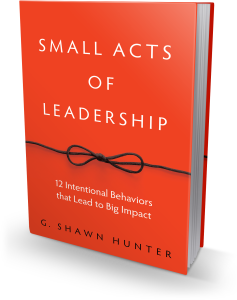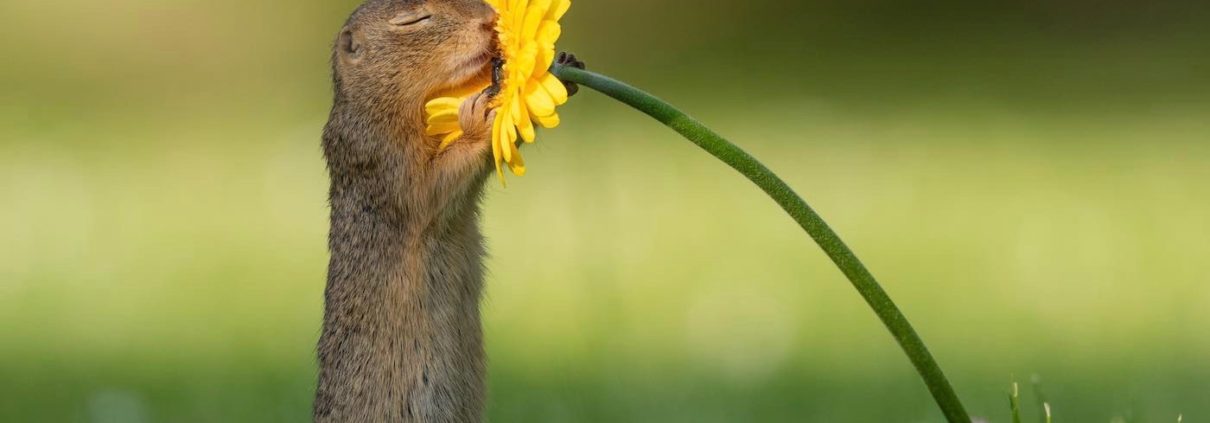Passion Doesn’t Appear. You Create It.
Do you know anyone who has been called ‘gifted’? Anyone ever call you a ‘natural’? To begin with, being called gifted or a genius at anything can be a curse. It can also set you up for a nasty case of Imposter Syndrome.
I’m suggesting that not many people start out being “gifted” at much of anything. We develop interests. Interests lead to dedication and work. The work pays off. We get skilled. We deepen our focus. We get even better. Now we’ve developed a passion that someone else starts to call a gift. But the passion started with work.
Some studies designate only the top 3% as actually gifted. But even among those identified as gifted and talented, there is quite a bit of debate about how to handle them, and guide them in development.
The one thing that is clear is that ‘giftedness’ presents itself in different ways. IQ tests alone can benefit students from particular backgrounds and be biased for cultural specificity. For example, you could take a highly intelligent person from the Amazon rainforest who can identify and correctly use medicinal plants, and yet they might be baffled by a standard IQ question such as: “4, 9, 16, 25, 36, ?, 64. What number is missing from the sequence?” (Answer and explanation here.)
Back to the point: While people might start with a mental or physical attribute that allows them to be more inclined toward excellence at something, the truth is that almost all of the excellence you may witness is generated by hard work and showing up day after day to put in the hours. Passion doesn’t often arrive fully formed, but instead is cultivated over time.
Evidence also suggests that we learn what we are passionate about not through dogged persistence of one singular goal, but through experimentation, failure, learning, and then moving on. David Epstein chronicles the story of Roger Federer who, unlike the Tiger Woods story, did not specialize in tennis at all. In fact, Federer bounced from swimming to badminton to soccer to skateboarding before finally deciding to pursue tennis. Epstein calls this a “sampling period” and argues it’s much more common that the heralded stories of Tiger Woods.
Not only is the sampling period important, but the simple fact of allowing the child to choose the sport, or the instrument, or the academic area, or the profession, or whatever – is critically important to maintaining and developing that passion. This allowing-my-kid-to-quit debate has certainly struck a nerve with some people. I have some thoughts on the matter as well.
There is some evidence to suggest that if you’re on the fence, maybe you should take the leap and quit. Steven Levitt, the author of Freakonomics, conducted a study online in which participants who were considering a career change could flip a coin, heads for quit and tails for stay. He found that six months later, those who flipped heads and changed jobs reported that they were substantially happier. (The more consumer friendly podcast version is here)
We know Vincent van Gogh as a famously gifted artist. But he didn’t decide to paint until he was 27. Prior to that he studied theology, worked as a clerk, a bookseller, and aid to an art dealer. It seems the strongest path to finding your passion is not determined specialization, but instead intentional exploration. Consider that Nobel laureates in science are 22 times more likely to have artistic pursuits outside their field, than their less recognized colleagues.
Stay curious my friends.
- ____________________________________________________
 Our company Mindscaling, is busy building powerful human and digital learning experiences for companies of all sizes. My new book Small Acts of Leadership, is a Washington Post bestseller! You can grab a copy now. Have a meeting coming up? I love to work with groups large and small. Let’s talk.
Our company Mindscaling, is busy building powerful human and digital learning experiences for companies of all sizes. My new book Small Acts of Leadership, is a Washington Post bestseller! You can grab a copy now. Have a meeting coming up? I love to work with groups large and small. Let’s talk.
In other news, our son and I bicycled across America with two other dads and their teenagers. We published a new book about it called Chasing Dawn. I co-authored the book with my cycling companion, the artist, photographer, and wonderful human jon holloway. Buy a copy. I’ll sign it and send it to your doorstep.



